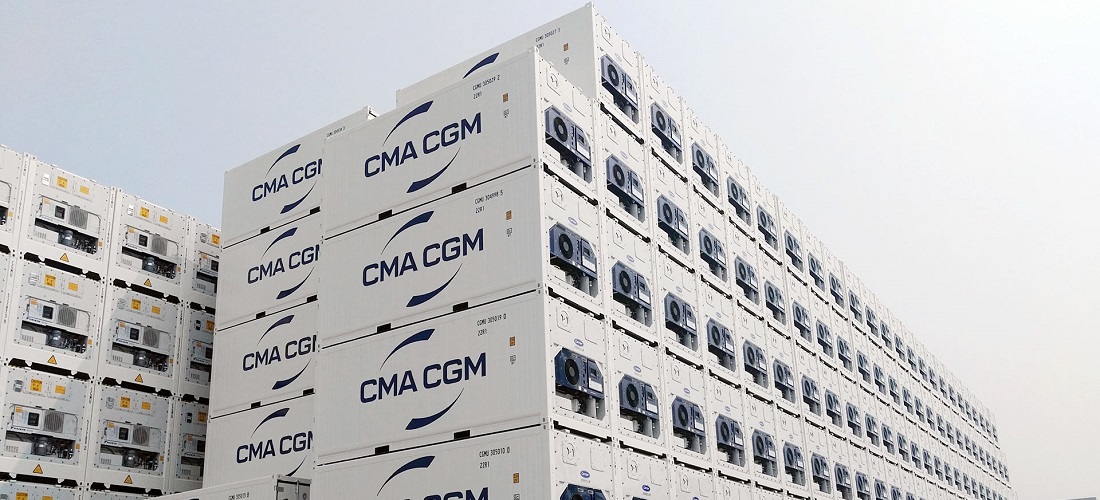
Increased reefer cargo inspection causes congestion at Chinese ports
Nov, 20, 2020 Posted by Ruth HollardWeek 202048
The State Council of the People’s Republic of China recently published Notice 2020 # 225, “Preventative and Comprehensive Disinfection Plan for Importing Food Into the Cold Chain”. The notice requires all relevant authorities – beginning with Chinese customs – to intensify the work of thoroughly inspecting and disinfecting to effectively prevent the spread of COVID-19 through food imports via the cold chain.
As a result, CMA CGM informs that in all Chinese ports, the Nucleic Acid Test (NAT) inspection and disinfection requirements may become more frequent and more stringent in reefer cargo imports. This can eventually lead to delays in customs clearance and release of reefer imports and trigger possible congestion at ports where the supply of reefer plugs begins to be restricted, leading to additional costs to the consignee’s account to be paid at the time of delivery.
Also according to CMA CGM, the Chinese ports of Huangpu have already experienced congestion due to stricter inspection and disinfection requirements for reefer cargo imports. Most of the reefer plugs have already been used, so all CMA CGM Group carriers will no longer accept refrigerated cargo reservations bound for Huangpu, China, effective immediately and until further notice.
For containers in transit, the recommendation is to contact a local representative to change the unloading/destination port.
-
Fruit
May, 18, 2021
0
CONAB: Fruit exports increased more than 20% in the first four months
-
Economy
May, 14, 2024
0
China’s exports and imports return to growth in April as demand improves
-
Ports and Terminals
Aug, 11, 2022
0
Santos Brasil Vehicle Terminal receives 324 electric cars
-
Ports and Terminals
Aug, 24, 2021
0
Crew member dies of Covid-19 after being removed from a quarantined vessel at the Port of Santos

